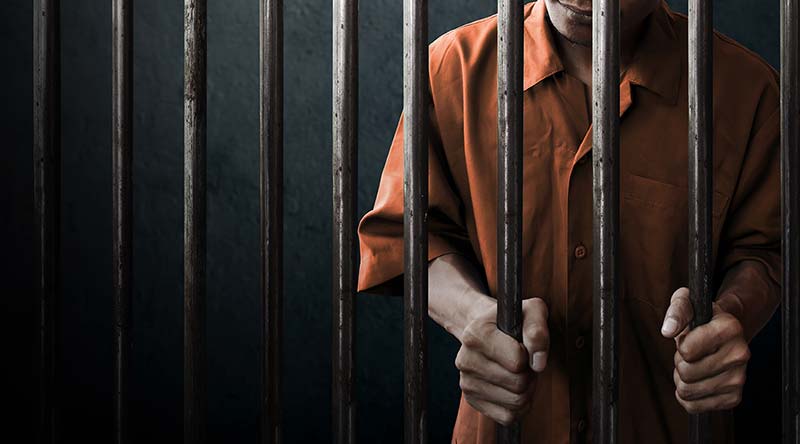“False Confessions” How Podcast Sheds Light On Wrongful Convictions
By KevinMarcilliat, In Criminal Justice, 0 CommentsInterrogation is a cornerstone of law enforcement. And for good reason. Many a conviction has rested on contradictions or slip-ups in the defendant’s story. A skilled interrogation can produce the gold standard of incriminating evidence: a confession. In the minds of the public – jury included – a confession amounts to incontrovertible proof of guilt. After all, it came from the defendant’s own mouth.

Few people can grasp, much less relate to, the phenomenon of false confessions. Most regard it with the same skepticism as they would UFOs or unicorns. What could possibly cause suspects to lie about a heinous crime, taking responsibility for something they didn’t do, when the consequence might be decades in prison?
What really happens in police interrogations
A new podcast called “Wrongful Convictions: False Confessions” explores what happens behind closed doors in police interrogations – and how the right factors create a recipe for false confessions. Hosted by attorneys and co-directors of the Center for Wrongful Convictions at Northwestern University, the series dives into a dozen false confessions that landed innocent people behind bars. It sheds light on how common interrogation tactics lead to involuntary and unreliable confessions.
Two factors in particular contribute to false confessions: intimidation and deception. A stark power differential comes into play when a suspect is arrested and subjected to harsh and prolonged interrogation on law enforcement’s turf. That environment alone is enough to create psychological distress – especially when the suspect is young and naïve or mentally deficient, as is often the case in wrongful convictions. The interrogators, by contrast, are seasoned and highly trained. They know how to back suspects into a corner. They leverage lies and manipulation to pressure the suspect into confessing.
When a false confession seems like an easy out
The story of Robert Davis vividly illustrates how these factors converge to produce a false confession. Davis was an 18-year-old high school student when he was arrested out of the blue and accused of double murder. He had no criminal history and zero experience with law enforcement.
Police officers interrogated him all night. They lied to him about the evidence – and lied to him about lying, claiming the law didn’t permit them to lie (a common misconception). They insisted, falsely, that Davis’s DNA was found at the crime scene. They threatened him with the death penalty and even threatened that his mother would face prison time, too. Finally, they offered him an out: If he confessed, everything would be alright.
Davis took the bait. The interrogators fed him details of the crime, and he worked them into a confession. Then, after realizing he’d been duped, he immediately recanted. The only reason he lied, he said, was so he could go home. Instead, he went straight to jail.
The recorded confession presumably made trial too risky. With few palatable options, Davis entered an Alford plea (asserting innocence but accepting punishment) and served more than 13 years in prison before he was finally exonerated.
Legal reforms to prevent false confessions
While the legal system provides some protections against false confessions – for example, Miranda warnings and evidentiary rules – those aren’t enough. The team behind the podcast is working to promote legislative reforms that would include more checks and balances. They would also make it mandatory to record interrogations of suspects in serious crimes (something not all states require).
The reforms recognize that wrongful convictions aren’t just a problem for the convicted; they take a tremendous toll on society, undermining the integrity of the justice system as well as its foundational principle of innocent until proven guilty.
Related: Read more about why innocent people plead guilty.









